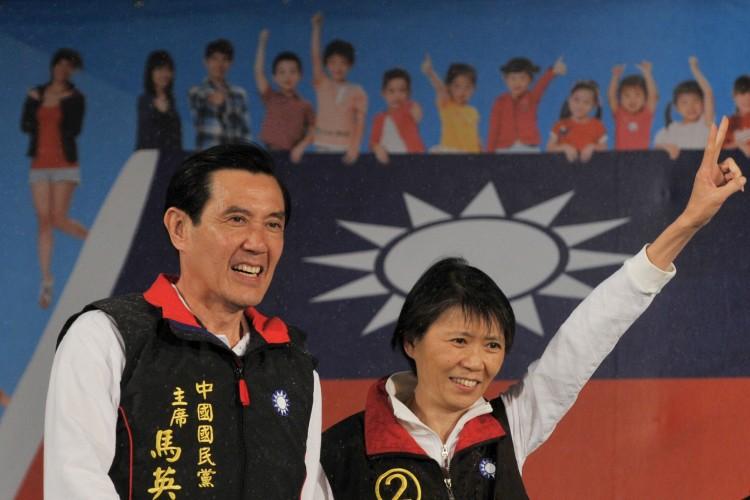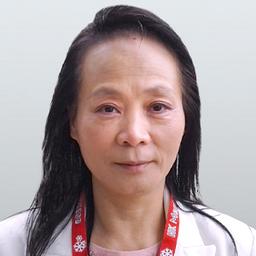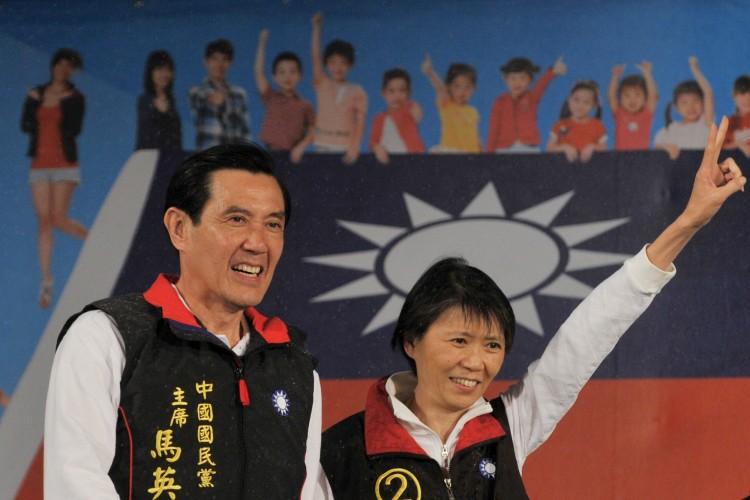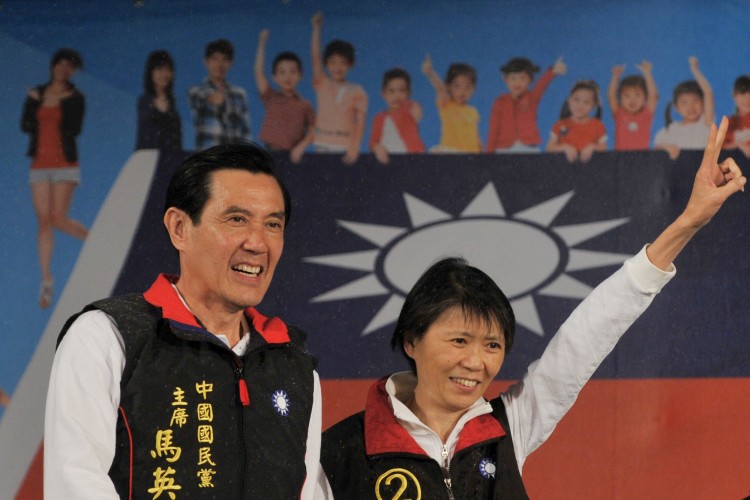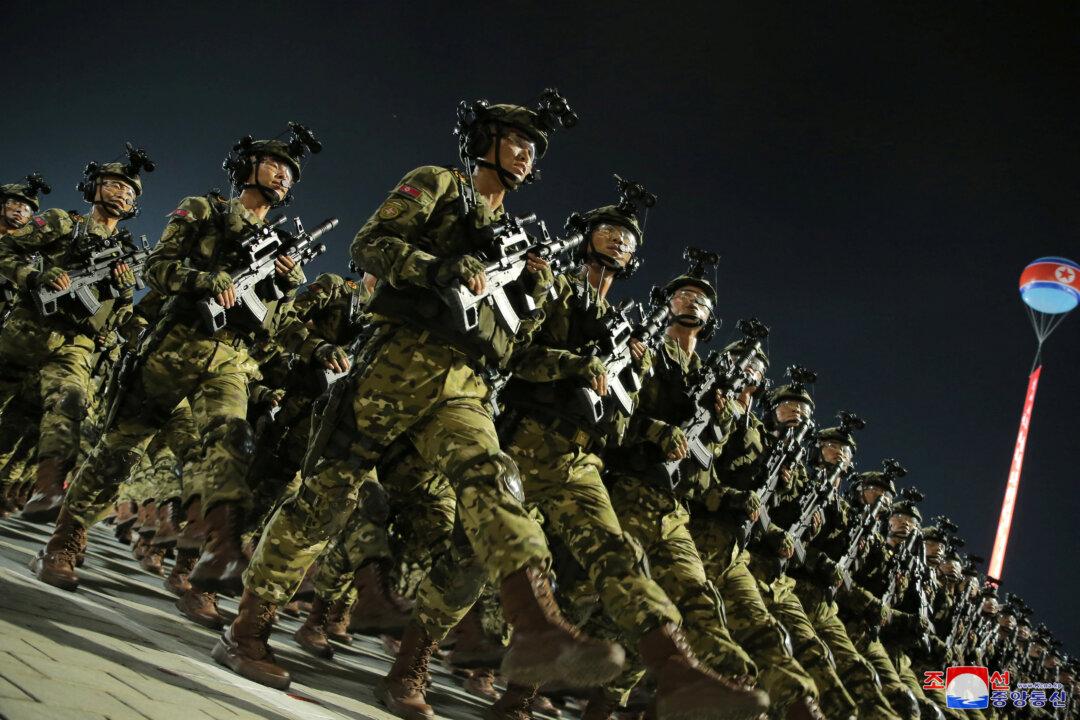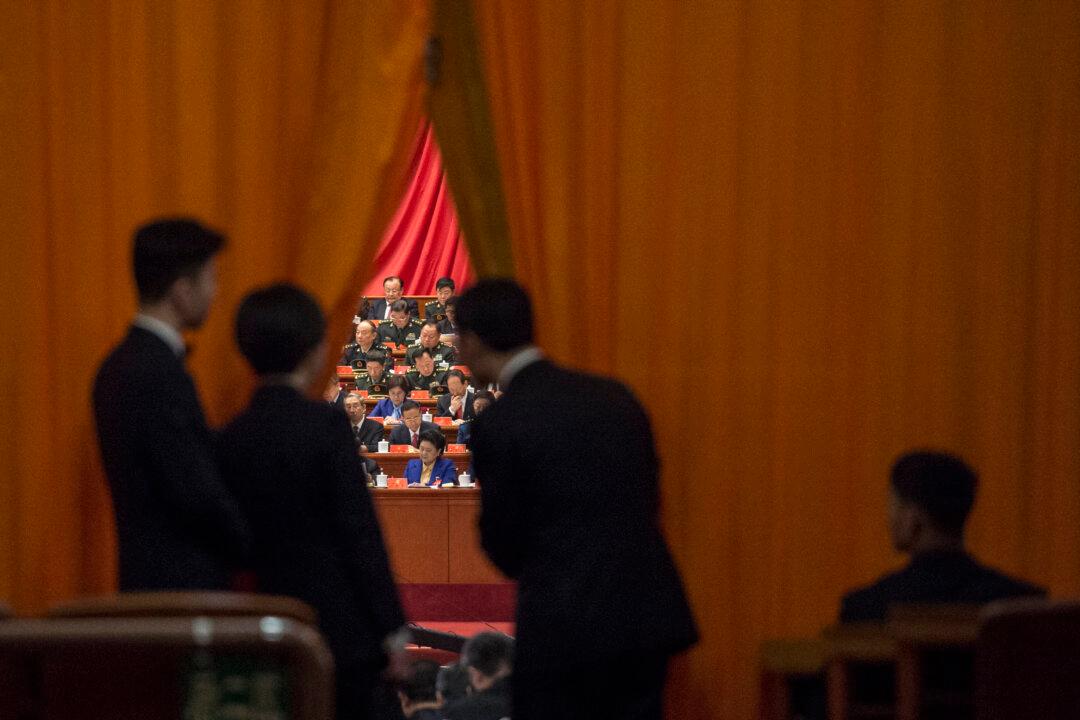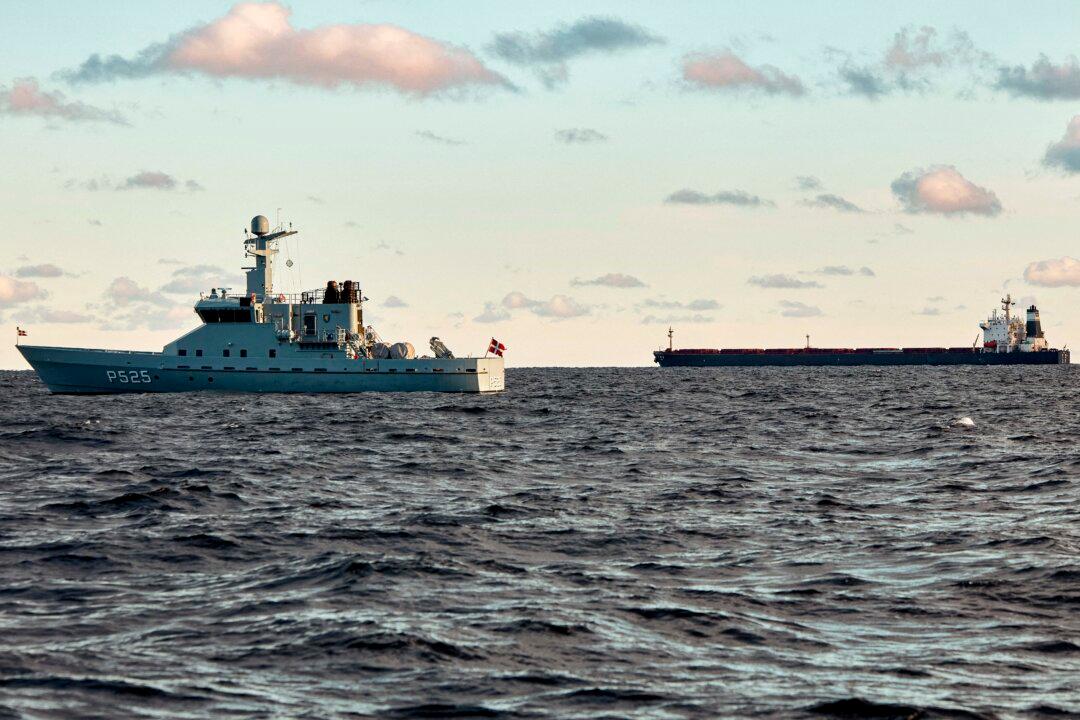While Taiwan’s recent election may have given mainlanders an inspiring taste of democracy, dissidents in and out of China fear that the election’s outcome is a setback for hopes for achieving democracy on the mainland.
On Jan. 14, Republic of China (Taiwan) President Ma Ying-jeou of the Kuomintang or Nationalist Party (KMT) won re-election with 51.6 percent of the vote, beating Tsai Ing-wen of the Democratic Progressive Party (DPP).
“Cross-strait relations in the coming four years will be more harmonious with more mutual trust and less chance for conflict,” Ma said in his victory speech. “I must provide Taiwan with a sustainable and stable environment.”
